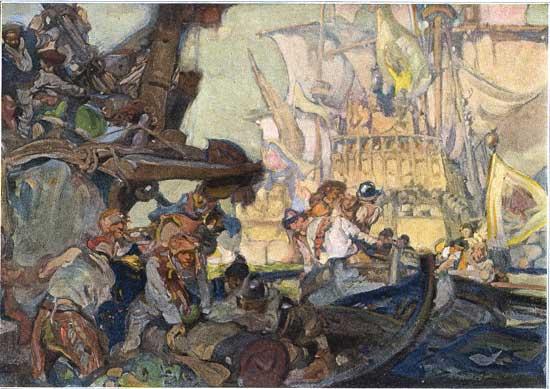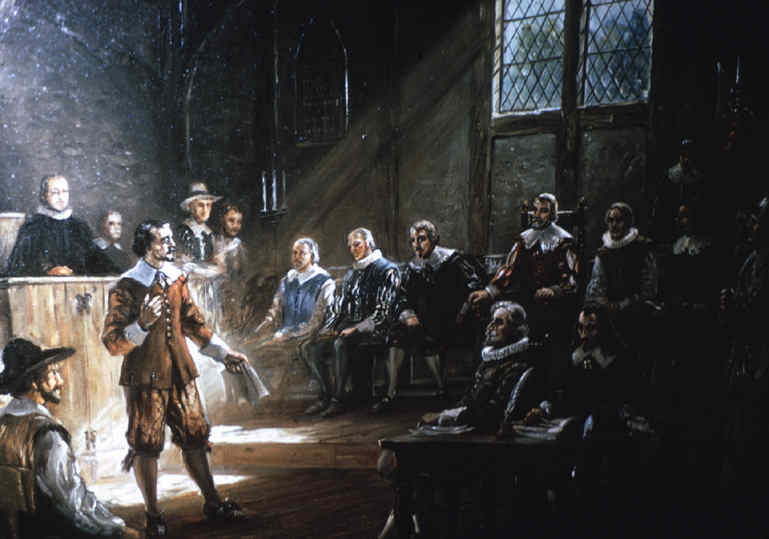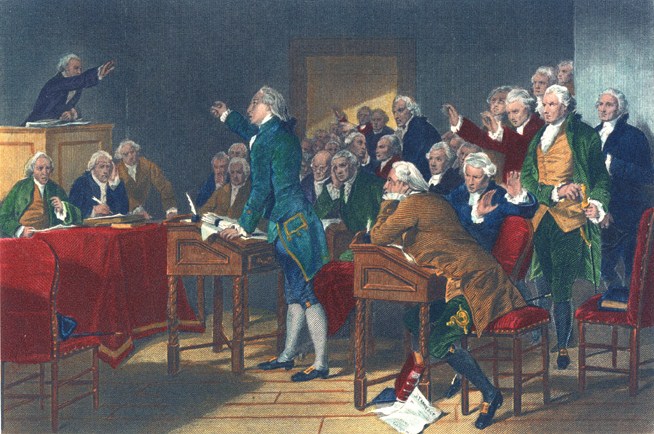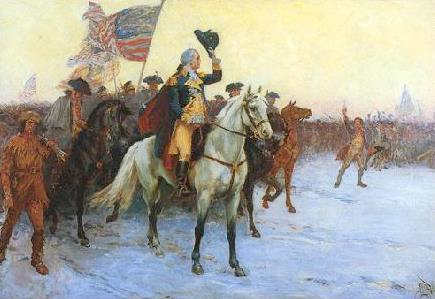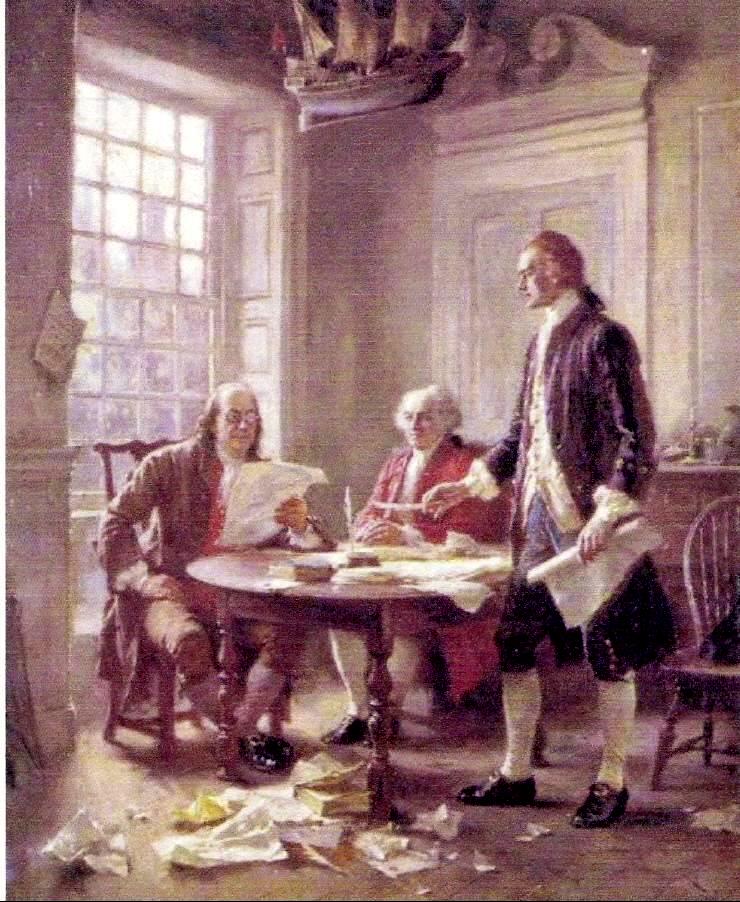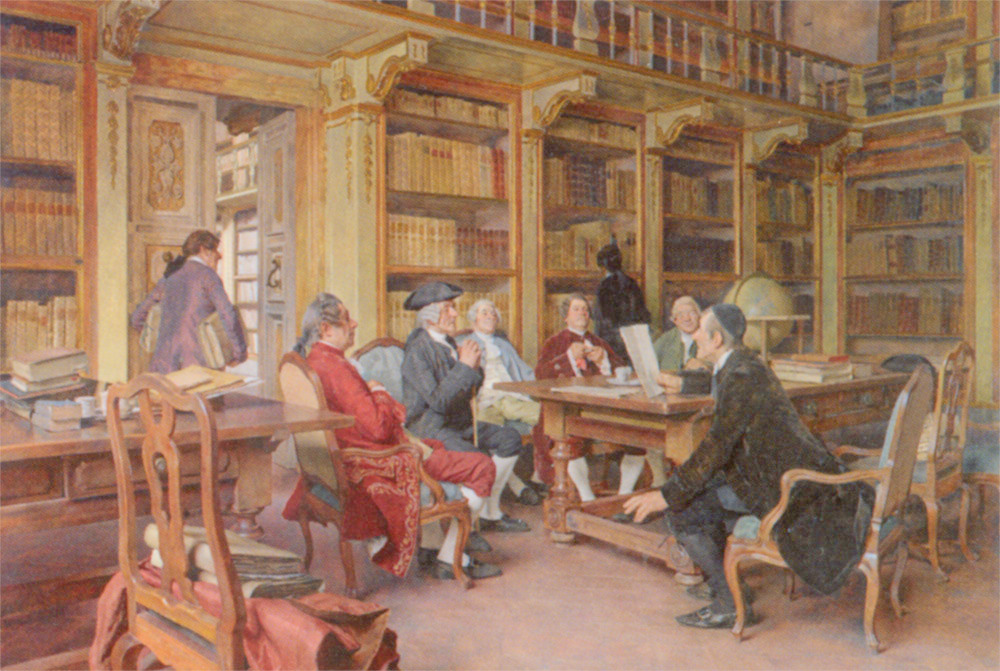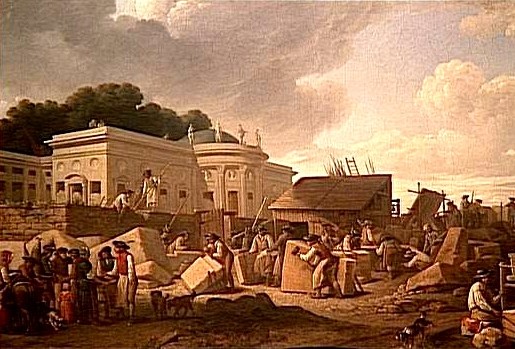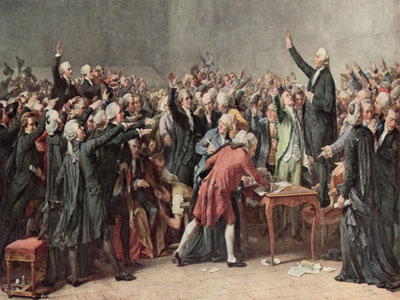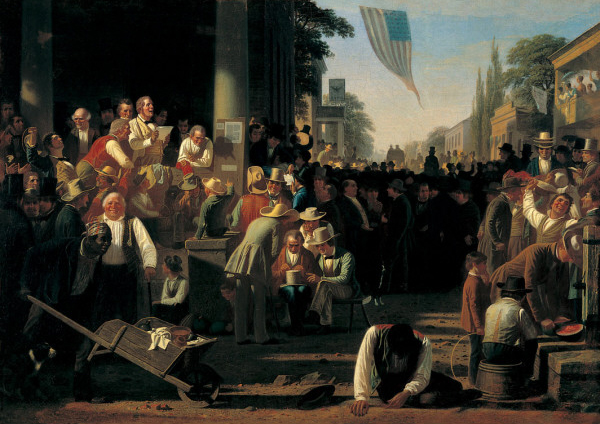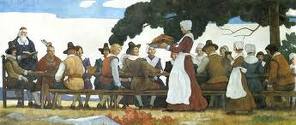"Pocket Book" Illustrated Histories of America
Commonwealth Books publishes monographs about the people who created civil society in the American wilderness and the ideas that guided their efforts.
These books remember episode of American history during its colonial and founding eras. They are available for on this website, from booksellers online and at selected bookstores from Colonial Williamsburg to Boston.
Volume 1
The Colonial Movement
The Men Who Colonized British American and Why They Did
The Colonial Movement reconstructs the forgotten connections that linked the men who organized and financed the colonial movement in England and the men who implemented their vision in Virginia and Massachusetts. The time period covered in this program extends from 1585 to 1620.
Volume 2
The Birth of Virginia’s Aristocracy
The Birth of Virginia’s Aristocracy explains how the first civil society formed in Virginia, what purposes it served, who its members were, and what
happened to it as it aged. The transformation of Virginia’s leading families into an "aristocracy" was the final stage in the development of its first society. This was not just a matter of accumulating wealth and political influence. Virginia's aristocracy was born, the book explains, when Colonel Richard Lee II transferred his allegiance from the squabbling, fragmented community that surrounded him to a distant English Lord. The descendents of the men who filled Virginia’s first general assembly - and those who married them - adopted Lee's view on the matter. While they did not duplicate Lee's formal submission to a member of England's aristocracy, they followed him into an hereditary
hierarchy that honored the King while rewarding themselves.
Volume 3
The (Dubious) Achievement of the 1st Continental Congress
The Dubious Accomplishment of the 1st Continental Congress traces the events that led to the convening of the 1st Continental Congress in September 1774 and introduces the people who masterminded the patriotic movement. The story then shifts to the issue that divided the Congress. Samuel Adams and his cousin John wanted a “bill of rights” that recognized rights by Nature because they intended to invoke their inalienable right to abolish England’s tyrannical colonial government as their rationale for declaring American political independence. Joseph Galloway and his loyalist supporters opposed this revolutionary claim for reasons that are also explained. Unable to win this debate on the floor of the Congress, the final segment of the story recounts the back-room maneuvering by Adams and Secretary of the Congress Charles Thomson to insert Adams’s orphan declaration into the congressional record after it had adjourned.
Volume 4
1775
The Year the Independence Movement Ended and
the American Revolution Began
1775 opens with a review of the closing argument in the debate between British America’s loyalist and patriotic factions as presented in the broad-
sides of Massachusettensis and Novanglus between December 1774 and March 1775. It notices that this debate effectively ended on 19 April 1775 when an unknown member of the colonial militia fired a shot from the shadows that surrounded Lexington Green. The book then recounts the events that marked the beginning of the American War of Independence.
Volume 5
The Argument that Started the American Revolution
The Argument that Started the American Revolution reexamines the political logic that underpins the claims Thomas Jefferson incorporated into the Declaration of Independence and the argument he presented there in terms of the history of the principles he invokes
Volume 6
The Enlightenment of Thomas Jefferson
The People Jefferson Met and What He Learned in France
Enlightenment of Thomas Jefferson looks beyond the veil Jefferson erected to hide his private purposes and finds real the reason Thomas Jefferson went to France. It remembers the men he knew when he arrived in Paris and the ones he met this during his silent campaign to become a member of the illuminated society that dominated French social, political and intellectual life in tumultuous years leading up to its revolution. It recounts his introduction to the French Doctrine of Progress and how, with help from Pierre Cabanis, he came to appreciate the significance of its claims that Man is infinitely perfectible and that the problems of man
society can be solved through the application of scientific reason. It then considers the impact that this enlightened concept had on “the Father of the American Enlightenment.”
Volume 7
Scientific Government
James Madison and the Problem of Faction
Scientific Government recognizes that the concepts that James Madison used in framing the new government in American were rooted in the enlightenment that came to define a “western” way of seeing the world during the century following Isaac Newton’s discovery of the laws of motion. As his mentor and friend, Thomas Jefferson, digested the French doctrine of progress in the salons of Paris, Madison implemented its principles in a system of government that would, by its scientific design, neutralize the destructive forces of political faction. The book concludes by considering Madison’s theory of factionalism in terms of the reality of power politics.
Volume 8
The Second American Revolution
The Presidential Election of 1800
The Second American Revolution describes the political campaigns of the two candidates for the Presidency in the election of 1800 and how the competition for the power to define the common good and to make the law to accomplish it between the political factions of John Adams and Alexander Hamilton and by Thomas Jefferson and James Madison changed the character of country.
Volume 9
The Common Good
Selected Interpretations of the Ends Civil Society Serves
The Common Good recounts the social theories of Plato, Aristotle, Thomas Hobbes, John Locke and Jean Jacque Rousseau in terms of how society forms and the good it is formed to serve. The analyses of these social
philosophies draws on a distinction between civil society, which is a social organism in which individuals exist as cells in a common body, and political society, which exists so individuals can better pursue their private interests. Members of civil society contribute their part so the body can survive. The benefit they receive is their own survival. Members of political society pursue their own interests under common rules of conduct which are formed and enforced by the will of the majority. The benefit members of political society realize (to greater and less degrees) is their personal happiness they achieve by fulfilling their private objectives.




